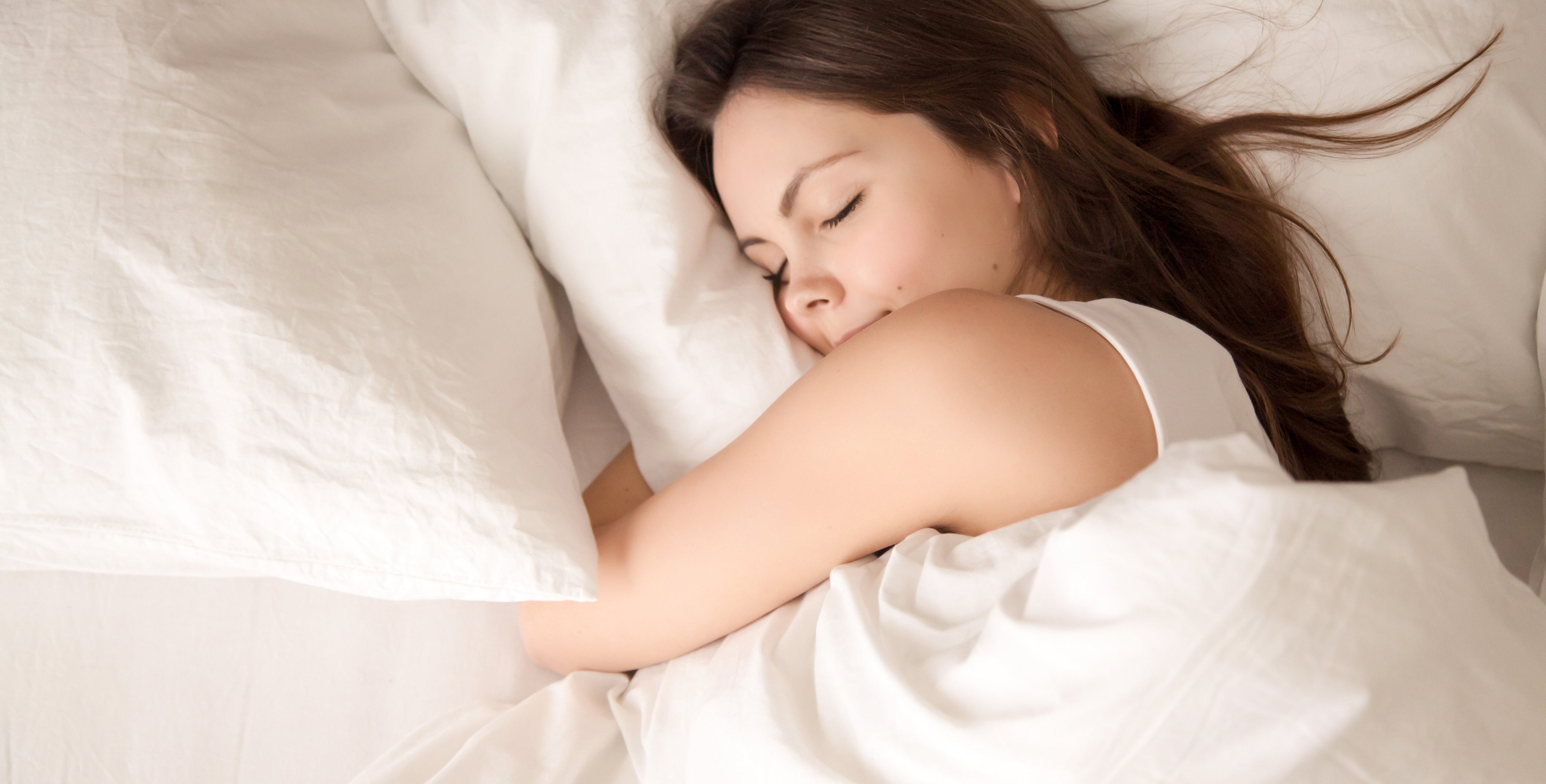Sleep well!

Tossing and turning from side to side, being tired without being able to fall asleep, racing thoughts and not being able to stop them, waking up in the middle of the night or long before the alarm time - many people struggle with this, usually sporadically. If the symptoms occur at least three times a week over a period of one to three months, doctors speak of a sleep disorder. Not getting a restful night's sleep is not only stressful, in the long term sleep disorders can also make you ill. The cause should therefore definitely be clarified medically. Stress and worries often keep us awake. However, sleep disorders can also be symptoms of mental illnesses such as depression or anxiety disorders. Breathing disorders, such as snoring or interrupted breathing, can also significantly impair sleep. In rare cases, thyroid dysfunction is the cause of a sleep disorder.
In addition to consulting a doctor, you can also do a lot yourself to improve your sleep. We wish you every success and good nights!
A good sleeping atmosphere
- A tidy bedroom also creates inner peace.
- Choose either a neutral white or cool, calm colors such as green or blue for the walls and bed linen.
- Essential oils can also help you to sleep, such as valerian, lavender, ylang ylang, hops and vetiver.
- Good air is a prerequisite for a good night's sleep and you should air the room for at least ten minutes before going to bed.
- A bed that is too warm stresses the body; the ideal sleeping temperature is between 16 and 18 degrees. The only exception: your feet can be warm, in winter keep them warm with sleeping socks or a hot water bottle.
- Good air is a prerequisite for a good night's sleep; you should air the room for at least ten minutes before going to bed.
- The bedroom should be well darkened, for example with special roller shutters or coated curtains.
During the day and before going to bed
- If you sleep at midday: please do not sleep for longer than 30 minutes.
- Be outside in the fresh air as often as possible, this boosts sleep hormone production in the evening.
- Don't exercise too late in the day; you should slowly wind down at least 1.5 hours before going to bed.
Food & drink
- There should be at least two hours between your last meal and going to bed.
- It is best to eat something light and easily digestible cooked vegetables with lean poultry.
- It is better not to drink coffee or other caffeinated drinks after 4 pm.
- Alcohol, medication and nicotine can also disrupt sleep.
- Drink a glass of sour cherry juice before going to bed (it contains the sleep hormone melatonin).
Just before going to sleep
- If possible, stop watching TV an hour before going to bed, the flickering light stimuli keep you awake unnecessarily.
- Laptops, cell phones and tablets should be banned from the bedroom.
- Do worries prevent you from sleeping? Then a diary is recommended - all thoughts can be recorded here and thus better banished from your head. If you are thinking about the next day's tasks, simply write them down too
Helpful routines
- If possible, go to bed at the same time in the evening and always get up at the same time.
- Focus on relaxation such as yoga, tai chi, meditation or autogenic training - this way you can reduce stress and ensure better sleep. By the way: many health insurance companies cover the costs of courses in part or even in full.
It just doesn't work?
If you can't sleep, don't put yourself under pressure. You probably know yourself: The more you get annoyed, the more you move away from sleep. Just get up and do something quiet - such as reading. If you don't have a suitable book to hand, you can also read our newsletter. Simply subscribe via our contact menu and stay naturally informed about GSE Organic Supplements. Late at night, remember to activate the blue filter and night mode on your smartphone to protect your eyes.



